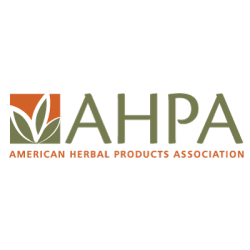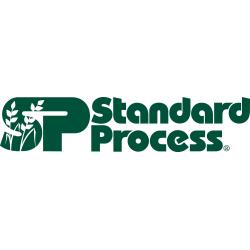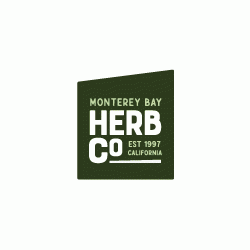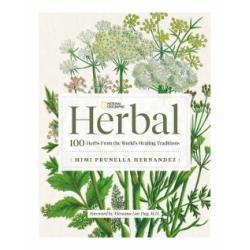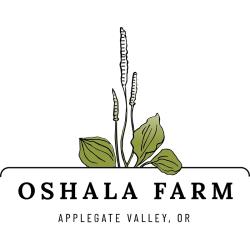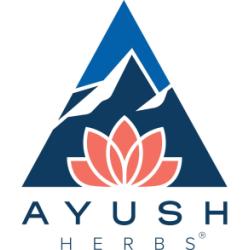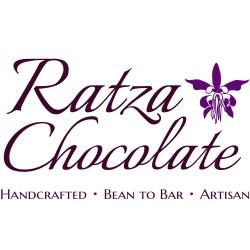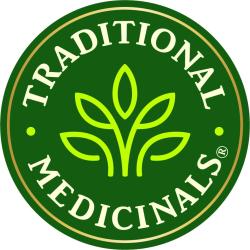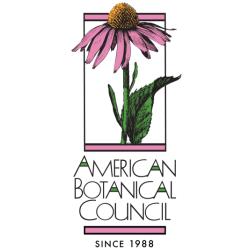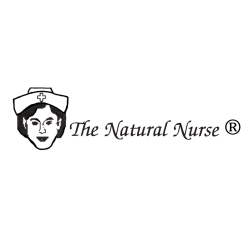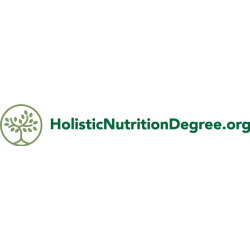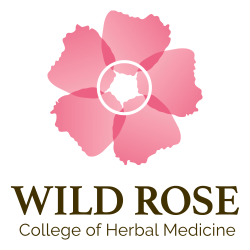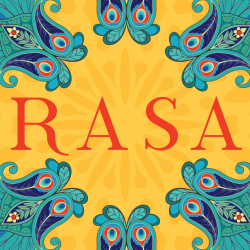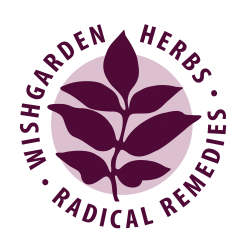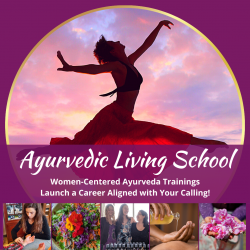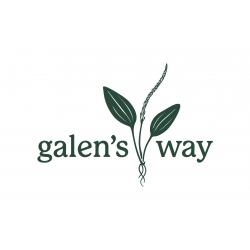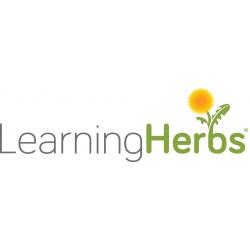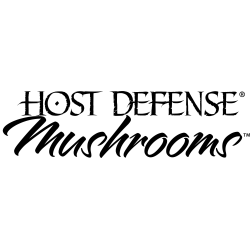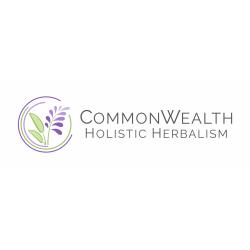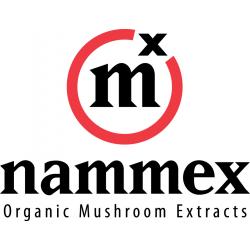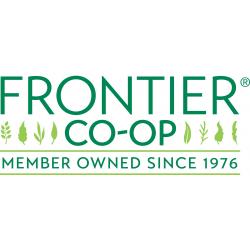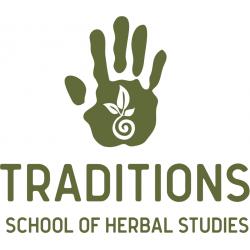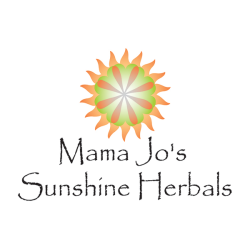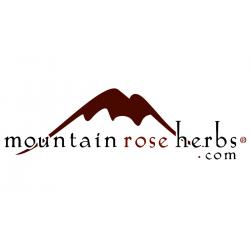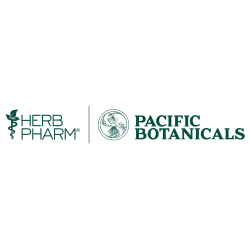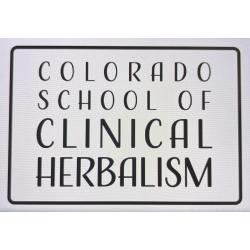Joy, pride, grief, and confusion are just some of the ways we might feel—depending on who we are—when we read “Preserving Herbal Legacies.” For many of us, growing up in the U.S. meant a synonymous loss of cultural identity along with the health traditions inherent to it. As new or seasoned practitioners, how do we reconcile preserving traditions that are culturally/ancestrally not our own? This will be a guided discussion.
Class Descriptions
We've put together a stellar lineup of classes for the 2023 Symposium! Here you'll find class descriptions for the Symposium and Pre- and Post-Symposium Intensives.
Click on the speaker's name to read their bio.
This presentation will address the topical application of low-dose herbal preparations in clinical practice. Botanicals discussed will include Aconitum napellus, Corydalis yanhusuo, Atropa belladonna, Hyoscyamus niger, Datura stramonium, Veratrum viride, and Arnica montana, among others. Chemistry, actions, traditional use, dosage, application forms, and case examples will be reviewed.
We will focus on the benefit of reintegrating traditional botanical postpartum care practices. By incorporating the wisdom of traditional birthworkers and prioritizing physical and emotional health, rest, and nourishment, we can improve maternal-infant bonding, reduce postpartum depression, improve breastfeeding outcomes, and more. Additionally, we emphasize the importance of decolonizing our consciousness around maternal health to create a culturally competent support system for all birthing people.
This session reviews various approaches to protecting and preserving your lifetime's work. In continuing the preservation of your herbal legacy and contribution to the community, there are several measures that can be adopted to ensure that recognition and accessibility to information is maintained. Christina will review such protections including business and organization formation, trademarks, copywriting, and succession planning.
This presentation will dive into the design and findings of clinical trials sponsored by Gaia Herbs that have recently been conducted using full- spectrum herbal formulas. This research is exciting as the majority of published herbal research is focused on single ingredients or purified extracts. Learn about the process of designing a clinical trial for complex herbal products and be introduced to real life examples of full- spectrum herbal extract research.
This presentation highlights the life of Susan Anderson, MD, (“Doc Susie”) one of Colorado’s earliest women practitioners. Doc Susie was the sole physician in Grand County where she practiced for almost 50 years (from 1909-1956), including caring for the original homesteaders of the land where the current YMCA Snow Mountain Ranch stands. The material will also cover important information on cardiovascular health with a demonstration on how to make simple, heart- healthy herbal preparations.
Marginalized cultures with little means to expand the food larder often resorted to the practice of foraging. Often, entire families would search hillside, forest, meadow, and even desert for foods that could be cooked or preserved. We will learn about the foraged foods and herbs that sustained and empowered the culture during the early 20th century and explore foraging recipes and stories from Garcia's family. Escaped rosemary from the old missions and ranchos was free for the taking and feral artichokes had to be boiled for several hours with the water being changed to remove bitterness. Other commonly foraged foods included fennel root (the seeds were used in holiday cookies and Pan Dulce), wild onions and garlic often eaten raw from the Los Angeles hills, and black walnuts eaten atop ice cream or coated in honey filched from a wild hive.
This interactive session guides you on how to identify, acknowledge, and continue the herbal legacy of your lineage. Christina will discuss approaches to connection with your heritage and how to incorporate your culture into creating your herbal legacy.
Join Steven Horne on an herb walk to learn about identifying and using plants native to the Rocky Mountains.
This class will focus on preparing a practical home first aid kit. It will cover some of the beneficial plant medicines to have around and how to treat common home first aid situations such as wounds, injuries, and pain. We will cover some common medicinal plants such as Chaparral, Yarrow, Echinacea, and Willow. The goal of the class is for participants to be able to treat some of the first aid circumstances that come their way.
The siloing of care between what is considered "traditional" and "complementary" often creates an access barrier to the legacy toolbox of carefully curated plant preparations that has been developed by our ancestors over millennia. Despite this perceived barrier, data as recent as 2022 supports the finding that up to 45% of physicians recommend complementary and alternative medicine to their patients. Join Dr. Kourtney Sims for an insightful conversation about how to build an integrative care team within your local community, how destigmatizing both herbalism and the western biomedical model works to the benefit of client and patient, which allopathic specialities are most and least likely to use herbalism, and what payment and visit models best facilitate the connection between patients, clients, physicians, and herbalists.
Divination for health is not new or abstract. It has long been practiced in Indigenous communities as the foundation of herbalism. Before scientific identification of phytochemicals, many experienced plants “talking” to them or received some type of divine guidance. The practice of divining answers for spiritual and physical health should not be lost to the growing reliance on scientific research. Both pathways are advantageous for supporting the individual.
Mimi showcases traditional kitchen herbs from her Latin American heritage, including Prickly Pears, Sunflowers, Cacao, and Hibiscus. This materia medica presentation illustrates their rich diversity and medicinal properties through anecdotes and enticing recipes. Mimi introduces you to the fascinating world of ethnobotany integral to Latin American kitchens, with valuable insights into the clinical applications of these common ingredients.
Hoodoo rootwork is an amalgam of herbal and spiritual practices from many cultures, influences, and practices throughout the diaspora. Rootwork was foundational to the survival of enslaved peoples and continues to be a thriving, practical, and effective tradition. The various approaches of rootwork focus on the wellness of the individual as a whole including the mind, body, spirit, environment, and relationships.
Working as researchers and practitioners within the herbal legacy forces us to confront questions about the limitations of our historical information on medicine, health, and beneficial plants. We face the challenge of educating ourselves and our clients while studying the available archives that were created by authors who projected their bigoted and incomplete beliefs on to what they observed yet frequently did not fully comprehend. Our herbal legacy was too often created in ways that abused Indigenous peoples and silenced their traditional plant and medical knowledge. This discussion explores ways to attend to the sources, silences, and challenges of our herbal legacies, so that we might be able to practice herbalism in a manner that discontinues harm to communities, repairs relationships between plants and people, and that privileges, without appropriation, the voices and expertise of the original plant knowledge holders.
Taxus brevifolia, Catharanthus roseus, Dicentra formosa, Asclepias spp., Larrea tridentata, Podophyllum peltatum, and Trichosanthes kirilowii and other low-dose anticancer herbs will be discussed. Besides a presentation of what is known about the chemistry, molecular actions, synergy, efficacy, and safety of these herbs from the literature, Eric will present on his 26 years of clinical experience using these herbs, primarily in patients with urological, renal, and gastrointestinal cancers.
Could microdosing be the ultimate low-dose clinical therapy? Clinicians across the globe are opening to the possibilities microdosing may have in the realm of neurological health, creativity, mood, pain, addiction, and more. In this exploratory presentation, we will discuss how sub-intoxicating doses of psilocybin, combined with other allies, can influence neurite outgrowth, nerve regeneration, and re-myelination of nerves.
This presentation will explore the remarkable life of Dr. Andoh, who ran one of the largest herbariums in the world, helped produce the Botanical Gardens at the Kwame Nkrumah University of Science and Technology, and authored The Science And Romance Of Selected Herbs Used in Medicinal and Religious Ceremony. In the 1990s, as Dr. Andoh began to discuss iboga’s ability to support severe drug addictions like heroin, the plant's popularity began to take off and it has continued to gain traction. Dr. Andoh is also responsible in part for popularizing moringa.
As a keystone plant species, osha, Ligusticum porteri, has always played a necessary role in traditional herbalism and a harbinger of what's to come for healthy ecosystems. From ethnobotanical medicine to current research into its chemistry profile, we see the lineage and legacy of plants to people throughout the Rocky Mountains. Hear about ongoing preservation projects and learn sustainability techniques. An osha monograph with clinical applications will be shared as well.
Pokeweed is a low-dose plant with great potential for use in contemporary clinical herbalism. While most familiar as a lymphagogue, this herb has a diverse set of actions and energetics depending on parts used and how they are prepared. Using Appalachian and Eclectic traditions along with phytochemistry, we'll explore the energetics, actions, constituents, toxicology, and beneficial potential of the root (in various forms), the potent berries, and the edible shoots as cooked "sallet."
This plant walk with Southwest School of Botanical Medicine co-director Donna Chesner will focus on Rocky Mountain beneficial plants.
We will discuss complementary practices between honoring the legacy of traditional and Indigenous herbalism practices around the world. We will cover the energetic uses and, clinical research of plants and the layers of emotional, physical, and spiritual attributes that each plant specifically has an affinity for. In the old ways, and often in traditional practice, herbalists took time to pause, observe, and know plants through interaction on this level.
Lucretia discusses folk uses for low-dose herbs with true Southern roots. Learn about the ole-time poke preparations like “poke sallet” and other traditional poke uses. What is it? Is it safe to eat it? How do Southern folk herbalists work with mistletoe? Listen to the enchanting herbalist tales of Appalachian folklore and their beloved plants.
Ayurveda literally means "the science of life" and focuses on the balance and interplay of all things in nature and how this affects health. This lecture will expose attendees to the world of Ayurvedic herbalism including teaching the fundamentals of Ayurveda, exploring Ayurvedic materia medica, and understanding Ayurvedic farming practices that influence the energetic and pharmacological properties of these plants.
From the 1980s until 2014, Dr. Eugene Zampieron, ND, RH(AHG), (Dr. Z) studied and documented the herbs of Jamaica, and apprenticed with Jamba of the Maroons, a medicine man. Jamba was honored in the magazine Herbalgram when he passed in 2014 and Dr. Z continues to preserve his herbal legacy today.
In this presentation, Dr. Z will discuss the folklore, traditional uses, and pharmacology of dozens of tropical herbs, foods, and spices that he encountered in his 30+ year apprenticeship with the shaman.
This fascinating story will be told from a woman’s perspective. Herstory parallels the history of herbalism and the history of medicine. Women as health-givers were everywhere, though rarely recognized. We will sweep from prehistory to modern times: from the Goddess, through the Middle Ages featuring Hildegard Von Bingen, then onward to the Renaissance and to America with the Physiomedicalists and Eclectics. We end with modern times and the challenges that Wise Women and Wise Men now face as herbalists.
The benevolence of this multi-use plant provides transformation on many levels, making it especially relevant in our challenging times that call for stability, resiliency, authenticity, and a balanced heart. This quintessential herb for grief and sorrow, rose offers much in the way of clearing the physical and emotion blocks that limit our well-being. We will discuss the whole plant along with significant clinical research and fun recipes for food, teas, and essential oil.
We will explore the herbs that helped witches to fly, and the safety and efficacy of some of the most well- known ones. Nicole will share some of her personal, organoleptic work with these plants, and contemporary modifications should you consider trying to make the ointments yourself.
The works of Nicholas Culpeper contain some of the richest historical material in the Western herbal tradition in terms of understanding the uses of plants as well as a nuanced "energetic" view of health. However, these texts are not easy reading! In this presentation we'll talk about key vocabulary and concepts to make these historical texts more accessible, as well as resources for how to learn more.
The focus of this walk will be on our native plants of the Rocky Mountains, and the stories they tell. We will explore their common, traditional and current clinical uses, best modes of preparation, ecological considerations, and mindful harvesting practices. Touching, tasting, and smelling are integral to learning and intimately knowing the plants. Many of our native plants require tender handling and thoughtful harvesting practices. We'll explore the meadow, wetland, and forest edges of the area.
Is your book ready to be written, or have you started and need support to get to the next step? Join a group of published authors for a candid and supportive discussion where we will share tips, tricks, and encouragement. We will also leave lots of time for your questions and troubleshooting so we can get you on your best path as an author!



